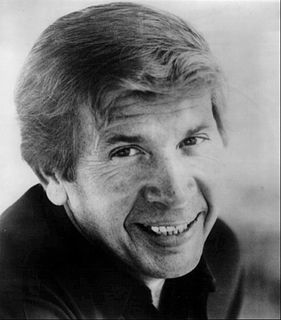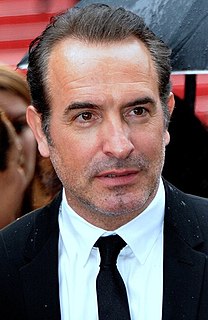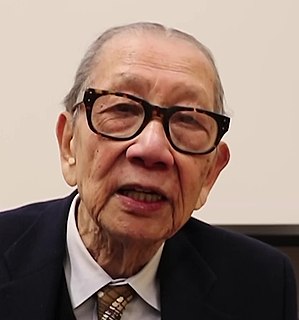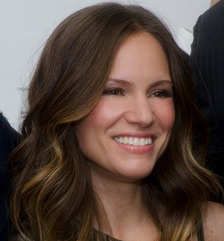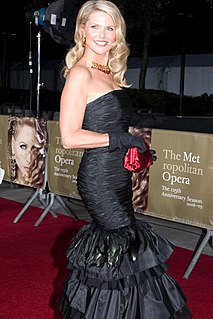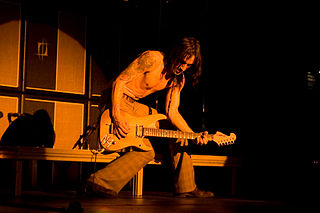A Quote by Buck Owens
We were sharecroppers - we were a little bit of everything. We farmed and tried to make something.
Quote Topics
Related Quotes
I will say that 'Riverdale,' yes, is a little more sensationalized. It's based on comics, and it is a little bit more dramatic and a little bit more made for TV, made for teens. For '13 Reasons,' we tried hard to make it as real as we could, as close to reality as possible. No corners were cut; everything was very raw and very real.
In 1932, the predecessor organization, the CDC, took 299 black sharecroppers from the South who had syphilis. They offered them free healthcare, hot lunches, and free burial. They said you can only come to us for healthcare. These were men who were sharecroppers, and they had syphilis. They were never told they had syphilis.
When we were doing noisier shows, they were fun, but we were trying to be really obnoxious and it wasn't like we were trying to make good music. I mean, I'm happier when we have smoothed out a little bit. I think that the spirit of the noise and experimental stuff is still there, but it's easier to do when you're a freshman in college.
I want you to try and remember what it was like to have been very young. And particularly the days when you were first in love; when you were like a person sleepwalking, and you didn’t quite see the street you were in, and didn’t quite hear everything that was said to you. You’re just a little bit crazy. Will you remember that, please?
This is a universal, unique movie, it has potential to cross barriers. But we never thought about that on set, when we were doing the film. We knew that in making a silent movie, we were doing something a little bit under the wire, a bit interdit. It's a pastiche, but for the French taste, you would have thought.
What I saw over all that time were so many deals disappearing and producers disappearing, fewer movies getting made, and it just being a bit more difficult. Working with Joel, we were in a bit of a bubble because he was always making things that were working for the studio and that kind of thing. We were always in production on something.
Marriage has failed because you could not rise to the standard that you were expecting of marriage, of the concept of marriage. You were brutal, you were, you were full of jealousies, you were full of lust; you had never known really what love is. In the name of love, you tried everything which is just the opposite of love: possessiveness, domination, power.
We all are born with a certain package. We are who we are: where we were born, who we were born as, how we were raised. We're kind of stuck inside that person, and the purpose of civilization and growth is to be able to reach out and empathize a little bit with other people. And for me, the movies are like a machine that generates empathy. It lets you understand a little bit more about different hopes, aspirations, dreams and fears. It helps us to identify with the people who are sharing this journey with us.
